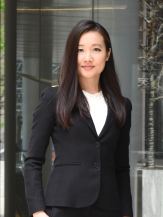Journal of Political Risk, Vol. 11, No. 1, January 2023
Lorenzo Ammirati

Poster of Giorgia Meloni, leader of the Brothers of Italy Party, 2022. Source: Duncan Cumming via Flickr.
Nationalist identarian right-wing party Fratelli d’Italia (“Brothers of Italy”) was the only major Italian party to oppose former European Central Bank President Mario Draghi’s “national unity” coalition government which governed Italy between February 2021 and September 2022. Among the key campaign promises made by Fratelli d’Italia’s leader and current Italian Prime Minister Giorgia Meloni during the electoral campaign of September 2022 was a break with the economic policies of the Draghi government. However, the first Italian female Prime Minister has thus far demonstrated the opposite orientation.
In fact, Meloni’s sphere of decision making on economic policy is severely limited. Italy’s extremely high levels of public debt (above 150% of GDP) coupled with weak trust from financial markets and the European Union’s tight fiscal rules make it very costly (both financially and reputationally) for any Italian government to finance new public policies. Additionally, investments are currently mainly being made through the European Union’s Recovery Instrument, an ad-hoc fund created after the COVID-19 pandemic which lends money for EU approved projects, greatly constraining the power of the Italian government.




